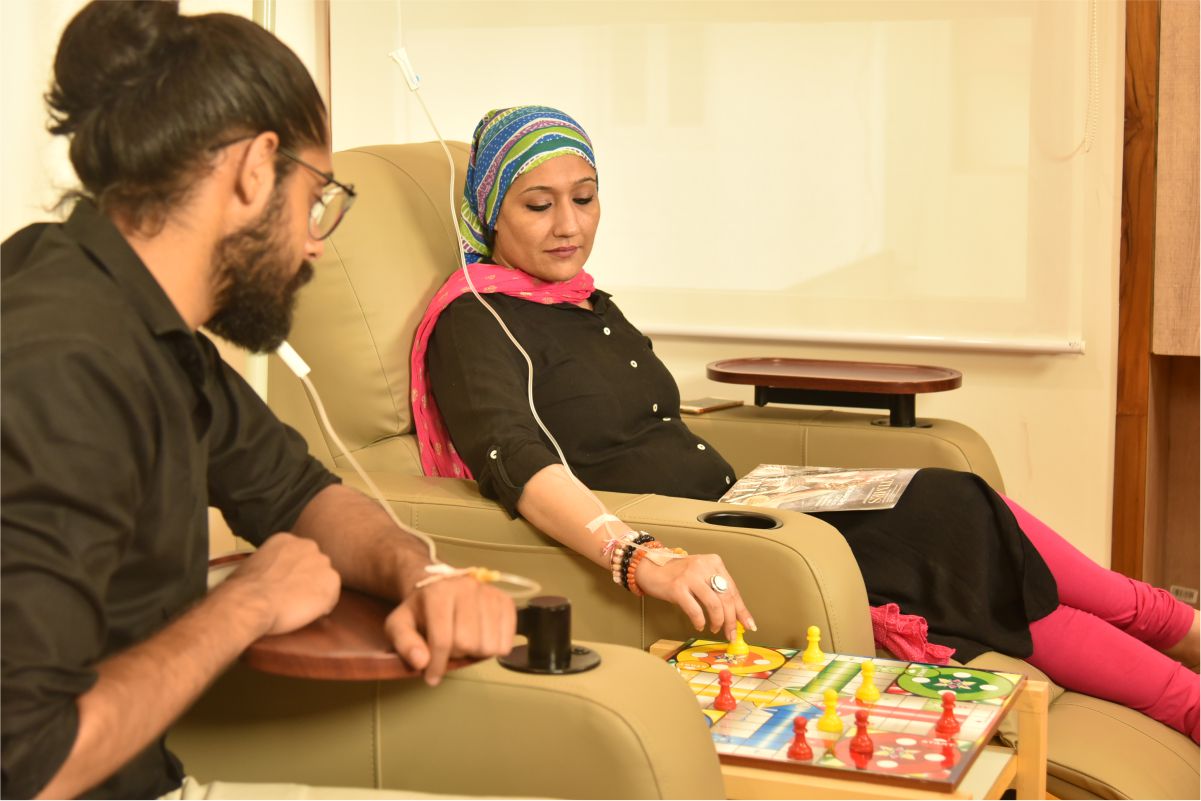

PROJECT DETAILS
- Date 04 Feb 2023
- Doctor/Team Name Dr. Tim Berner
- Skills Research for new surgery results
- Location Denmark
- Category Services
ABOUT THIS SERVICE
Immunotherapy in cancer treatment harnesses your body’s immune system to detect and eradicate cancerous cells. Various forms of immunotherapy are available, all aimed at empowering your immune system to combat cancer more effectively. For some individuals with cancer, immunotherapy can extend their lifespan.
A great extent please do discuss with your oncologist about the same.
What is Immunotherapy?
Immunotherapy represents a cancer treatment strategy that leverages your body’s immune system to identify and eliminate cancer cells. Your immune system serves as a natural defender, capable of recognizing and eliminating intruders, including cancer cells. Immunotherapy enhances the immune system’s capabilities, enabling it to better locate and eliminate cancer cells. This approach has proven highly effective in treating cancer and holds promise for extending the lives of certain cancer patients. Ongoing research is focused on developing new immunotherapy drugs for a wider range of cancer types.
How does immunotherapy function?
The immune system’s daily task is to safeguard your body against invaders, such as allergens, viruses, and potentially cancerous cells. It features specialized cells that continually patrol your body, seeking out and destroying any harmful or cancerous cells they encounter. This vigilant process prevents cancerous tumours from growing and spreading. However, cancer cells are adept at evading the immune system’s defences. By forging a handshake with body’s immunotherapy works by these drugs break handshake between cancer cells & immune cells. Enhance its ability to detect and eliminate cancer cells. Stimulating the production of cancer-fighting immune these cells that are proficient at locating and destroying cancer cells.
The immune system’s daily task is to safeguard your body against invaders, such as allergens, viruses, and potentially cancerous cells. It features specialized cells that continually patrol your body, seeking out and destroying any harmful or cancerous cells they encounter. This vigilant process prevents cancerous tumours from growing and spreading. However, cancer cells are adept at evading the immune system’s defences. Melanoma (type of skin cancer) was the first cancer where immunotherapy was approved. Now in more than 30 cancer types, immunotherapy has approval.
What are the Different Types of Immunotherapies?
Immunotherapy encompasses several approaches, including:
- Checkpoint inhibitors.
- Adoptive cell therapy (T-cell transfer therapy).
- Monoclonal antibodies.
- Cancer vaccines.
- Immune system modulators.
The selection of cancer treatment depends on several factors, including the type and stage of cancer, previous treatments undergone, and the patient’s overall health. Immunotherapy may be chosen over chemotherapy or other treatments in specific situations. Additionally, cancer immunotherapy can be employed in various ways to bolster the immune system’s fight against the disease.
There are some known biomarkers, if tested on biopsy sample may help your oncologist recognised which patients’ immunotherapy will work better.






